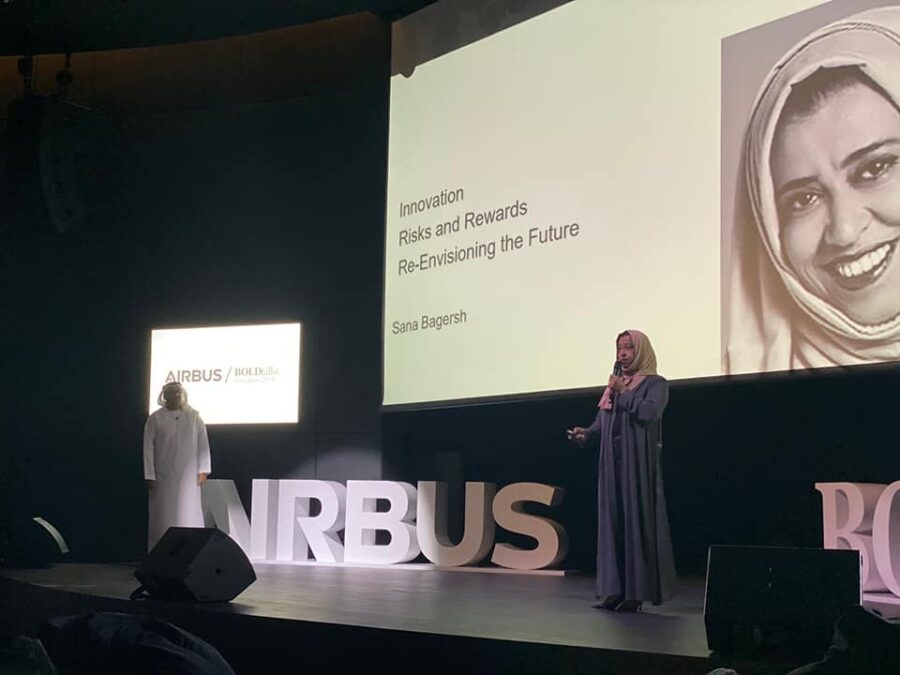Recognizing the Success Paradox and Avoiding Stereotype Traps
By Sana Bagersh
How many times have you heard, “She is so successful, I don’t know how she does it”? Or “I wish I could be wealthy like him”?
Do you ever think about what ‘success’ means to you? Is it driving a fancy car? Owning a big house? Running your own business? Working for a large company? Is it marrying into wealth? Working for a social cause? Running a charity?
I’ve met countless entrepreneurs through Tamakkan and counselled many others through BrandMoxie, who come with big dreams. Many of them know what they want to achieve but some become imprisoned by others’ notions of ‘success’ – whether it is the ideals of their parents or friends, or the values promoted by popular culture.
If you isolate the word ‘success’ you’ll see that it carries immense power: to empower and to inspire. But conversely, it also has the potential to entrap us within preconceived narratives of success.
How each of us sees success depends on our interpretation of the word, and that is uniquely defined by each person’s background, culture, class, age and circumstances. Just like a person on Wall Street and a trader in Tanzania will have very different aspirations and understandings of ‘success,’ the definition also changes over a person’s age and life cycle. But what’s ultimately important is to realize that your interpretation of success at any given time could either be a catalyst to spur you on, or act as a barrier that constricts your thinking and actions.
I see my ‘success’ as a deeply personal thing. My definition, for me, is driven by my goals, shaped by my past experiences and determined by my future aspirations. My success is also very imperfect, because it comes with pain and compromise. It is not always perfectly aligned with my ‘inner self’ or with the priorities of family. But – and this is the point being made here – it is distinctly mine; I own its definition and its execution, and I am also fully responsible for its shortcomings.
I urge you to be aware of your own journey, and to take ownership of your success…
Align your ‘dream’ with your definition of success
I know people who identify with the popularized version of success, while underselling their own dreams. Some women for instance introduce themselves (apologetically) as ‘I’m just a stay at home mom’ – as if being a mother is the opposite of being ‘successful.’ Can a stay at home mom be described as ‘successful’? Definitely. She can be as successful as her own definition of success, and within her own environment, her own focus and sets of goals. We don’t all have to have cookie cutter aspirations and we don’t all have to be defined by our work to be ‘successful’. It is important not to keep up with the Joneses (or aspire to the Kardashians), and to beware the ‘me too’ trap.
The allure of the startup billionaire
A troubling trend these days is the glorification of young tech wizards whose startups catapult them into instantaneous millionaire or billionaire status. Although these young guns deserve to be admired, they don’t have to be emulated. They are not the norm, and they shouldn’t be adopted as the standard.
While it is great to have such role models, it can be detrimental to aspire to impossible levels of financial achievement. Statistically, not everyone can be a Mark Zuckerberg or Larry Page. So why aspire to impossible standards that set you up for ‘failure’?
Don’t focus on ‘success,’ but aim for ‘happiness’
I’ve met those who set the bar for themselves very high to keep up with the stereotypes of ‘success.’ They commit to these goals, work hard and finally achieve ‘success’ – whether it is landing that big job, or running their own business. But upon reaching the goal the person realizes that this is not what he or she wanted. Yes, they achieved ‘success,’ but they did not achieve happiness.
The lesson here is know yourself well – and take time to do this. Knowing ‘you’ is the most important person you need to know. Think about what makes you happy…identify those times where you are content, and those situations that make you uncomfortable or unhappy. While it is great to step outside your comfort zone, it is equally important to know where your long term comfort lies. Don’t be like many people I know who work too long and too hard to find out too late. Know that ultimately your success is what makes you happy.
So the lesson here is don’t succumb to the stereotype, and realize that your dream does not have to be big or small – it just has to be yours. And it needs to make you happy!




